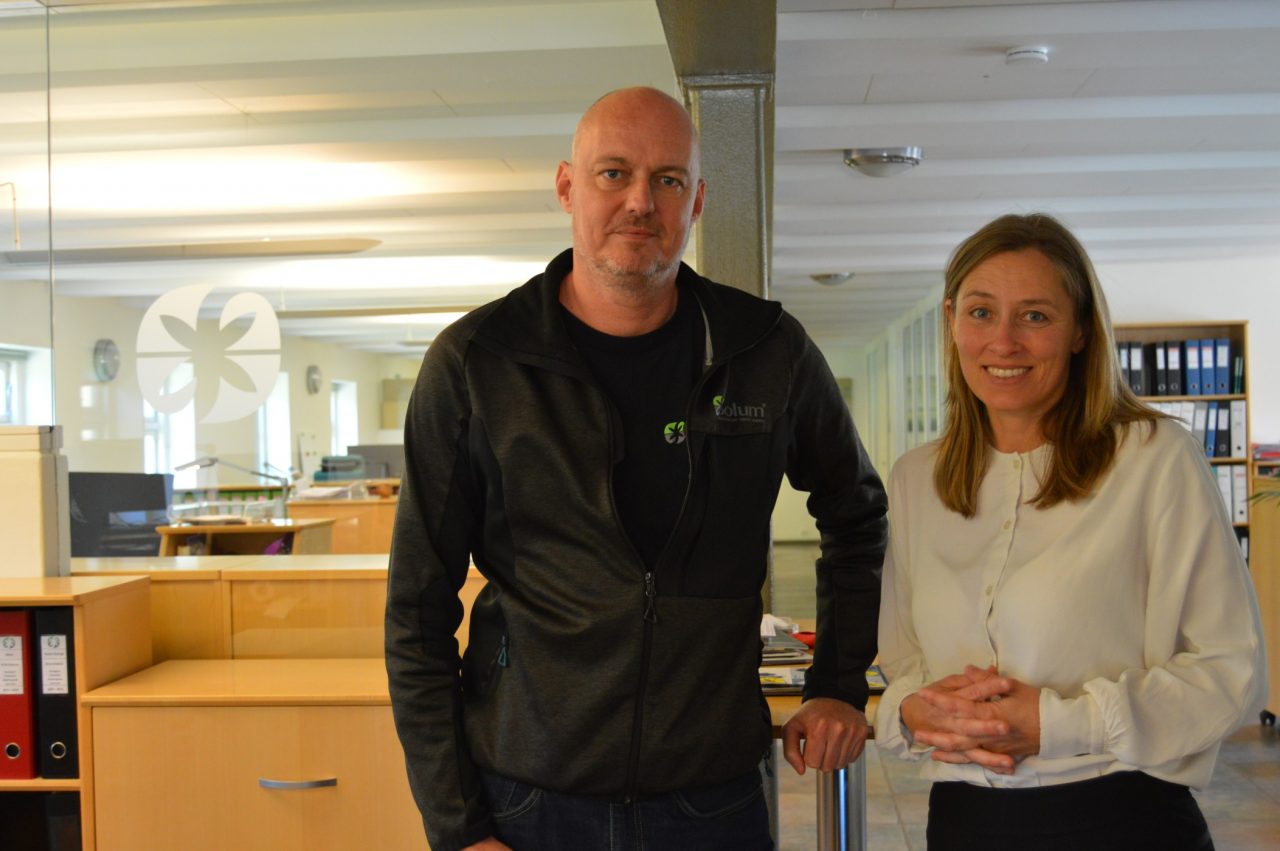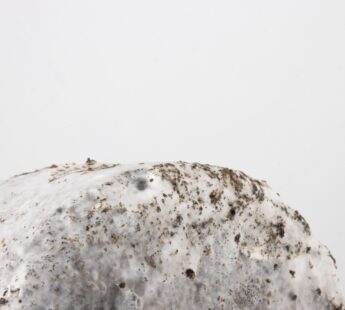News
Circular economy
Solum: Robotic sorting provides up to 90% clean waste fractions for recycling


The company has invested in the country’s first robot for sorting construction waste, which can achieve up to 90% purity in sorted fractions. Development Director Anne Dorthe Fethers is currently testing the robot and the system with support from Clean, among others.
Today, building waste is sorted using an excavator and handled manually. The excavator employee selects what can be seen with the naked eye, resulting in a recycling rate of around 10% of the total mass. This is very low compared to Denmark’s target of 70% recycling or material recovery of construction and demolition waste. That’s why Solum has invested in an automatic robot system that can scan the waste and sort it into eight fractions with a purity level of up to 90%.
The cleaner the fractions, the higher the price you can get when we send it for recycling – Anne Dorthe, Development Director, Solum A/S
Solum is currently optimizing their robotic system with funding from, amongst others, Clean – Denmark’s Water and Environment Cluster – through a knowledge bridge project. In collaboration with DTU, they are comparing the sorting of construction waste done traditionally with excavators and manual handling with the new robot sorting. The project aims to gain deeper insight into the composition of mixed construction waste and to collect data that shows how much more efficient robotic sorting is compared to traditional sorting. This data will be used to optimize the sorting process to achieve higher recycling rates.
Read more about the project here.
1 container instead of 10
Today, the Statutory Order on Waste requires construction sites to sort waste into up to 10 fractions. However, there are two exceptions: sorting is not required if the amount of waste is less than one ton. However, most containers on construction sites weigh more than one ton and, therefore, cannot benefit from this exception. Alternatively, you can document that the contents of the container can be recycled before it is sent for sorting. This is what Solum is working to achieve so that construction sites can make do with one container instead of 10.
If you can document that the contents of a container can be recycled, you can get permission to send it for sorting at a sorting-approved facility, but how do you report it? That’s the problem today! – Anne Dorthe, Development Director, Solum A/S
Solum and Anne Dorthe know that construction site artisans work fast, and space can be tight, especially in urban areas. Having 10 containers is not always an option. That’s why Solum is working on a solution that can document the contents of one container, using AI and a camera that can tell if something wrong goes in. We Build Denmark is a solution and project supported by funds from the construction cluster. The solution can document the contents and save on the number of containers, as everything can go into one container instead of 10.
The container’s contents, which are also documented, can then be sent to the robot system and sorted into clean fractions more easily and simply. In this way, the projects from the clusters help each other, as data and knowledge from the knowledge bridge project can be used in the other project and vice versa.
Data and knowledge is everything.
Solum’s upcoming solution will help the construction industry become better at sorting. Data and knowledge about the materials can create new value chains that support Denmark’s ambitions for higher material utilization. Solum has already collaborated with WOHN to create a new value chain collaboration around 3D-printed houses using sorted construction waste. Therefore, Solum A/S and Anne Dorthe Fethers are also happy about their membership in Clean, where they have received funding to test their solution and gain even more knowledge.
If we don’t have data, we can’t improve our solution – The information that the knowledge bridge project gives us is essential, as it can tell us how much better robotic sorting is than manual/traditional sorting – Anne Dorthe, Development Director, Solum A/S.









